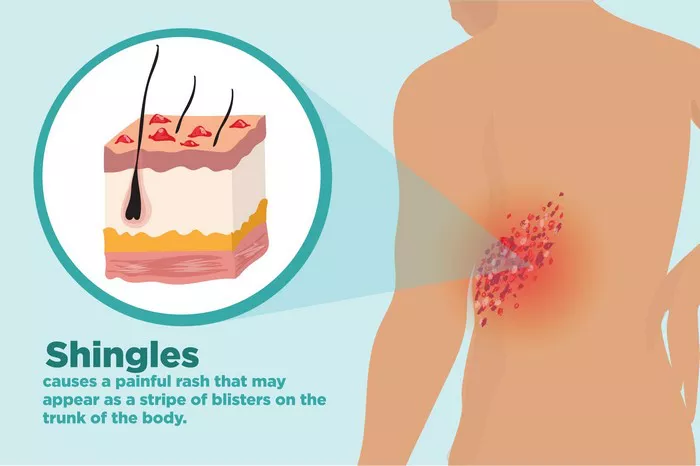Dealing with hives can be an uncomfortable and frustrating experience. The red, itchy welts that suddenly appear on your skin can be triggered by various factors, including allergies. Identifying the right allergy medicine for hives is crucial to alleviating symptoms and regaining control over your skin health. In this comprehensive guide, we will explore the best allergy medicines available, their mechanisms of action, and key considerations for choosing the most effective treatment.
Understanding Hives and Allergies
Hives, also known as urticaria, are raised, red welts on the skin that often itch. Allergic reactions are a common cause of hives, triggered by the body’s release of histamines in response to an allergen. Common allergens include certain foods, medications, insect stings, and environmental factors like pollen or animal dander. Identifying the specific allergen causing hives is crucial for long-term management, but in the short term, finding the right allergy medicine can provide much-needed relief.
The Best Allergy Medicines for Hives
1. Antihistamines: First Line of Defense
Antihistamines are the cornerstone of hives treatment, working by blocking the effects of histamine, the chemical responsible for the itching and redness associated with hives. There are two main types of antihistamines: first-generation and second-generation.
First-generation antihistamines, such as diphenhydramine (Benadryl), are known for their quick onset of action but may cause drowsiness. These are often recommended for nighttime use or when sedation is not a concern. Second-generation antihistamines, such as cetirizine (Zyrtec) or loratadine (Claritin), provide effective relief with less sedation, making them suitable for daytime use.
2.Non-sedating Antihistamines: 24-Hour Relief
For those who need long-lasting relief without the sedating effects of some first-generation antihistamines, non-sedating antihistamines are the preferred choice. Fexofenadine (Allegra) is a popular option, known for its 24-hour effectiveness and minimal impact on cognitive function. These medications are suitable for individuals with active lifestyles who need continuous allergy protection.
3. Corticosteroids: Short-Term Intensive Treatment
In cases of severe hives or when antihistamines alone are insufficient, corticosteroids may be prescribed for short-term use. Oral corticosteroids like prednisone can quickly reduce inflammation and alleviate symptoms, but their long-term use is limited due to potential side effects. Topical corticosteroid creams may also be recommended for localized relief.
4. Leukotriene Inhibitors: Targeting Inflammatory Pathways
Leukotriene inhibitors, such as montelukast (Singulair), are another class of medications used to treat hives. They work by blocking the action of leukotrienes, inflammatory molecules that contribute to allergic reactions. While not as commonly prescribed as antihistamines, leukotriene inhibitors may be beneficial for some individuals, especially those with asthma.
Choosing the Right Allergy Medicine
When selecting the best allergy medicine for hives, several factors should be considered:
1. Severity of Symptoms:
Mild cases of hives may respond well to over-the-counter antihistamines, while more severe cases may require prescription medications or a combination of treatments.
2. Underlying Conditions:
Individuals with asthma or other respiratory conditions may benefit from medications that target both allergies and respiratory symptoms.
3. Potential Side Effects:
Some medications, especially corticosteroids, may have side effects that need to be weighed against their benefits. It’s essential to discuss potential risks with a healthcare provider.
4. Long-Term Management:
Identifying and avoiding the allergen triggering hives is crucial for long-term management. Allergy testing may be recommended to pinpoint specific triggers.
5. Individual Response:
Everyone’s body reacts differently to medications. Trying different options under the guidance of a healthcare professional can help identify the most effective treatment with the fewest side effects.
Conclusion
Dealing with hives can be challenging, but finding the right allergy medicine can make a significant difference in managing symptoms and improving overall well-being. Antihistamines, corticosteroids, and leukotriene inhibitors are valuable tools in the fight against hives, each with its own set of benefits and considerations.
As you navigate the world of allergy medicine for hives, remember that individual responses vary, and consulting with a healthcare professional is crucial for personalized guidance. By understanding the mechanisms of action, potential side effects, and factors influencing the choice of medication, you can make informed decisions that lead to effective and lasting relief from hives.


























